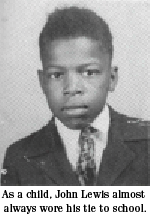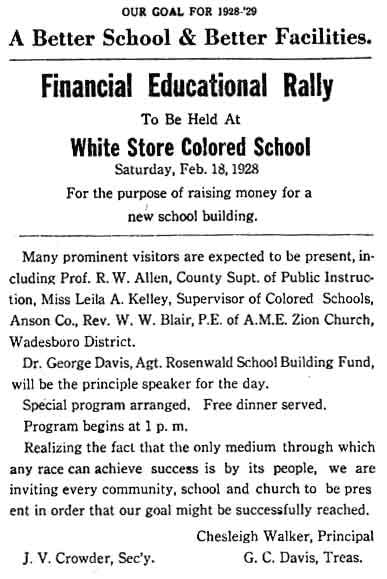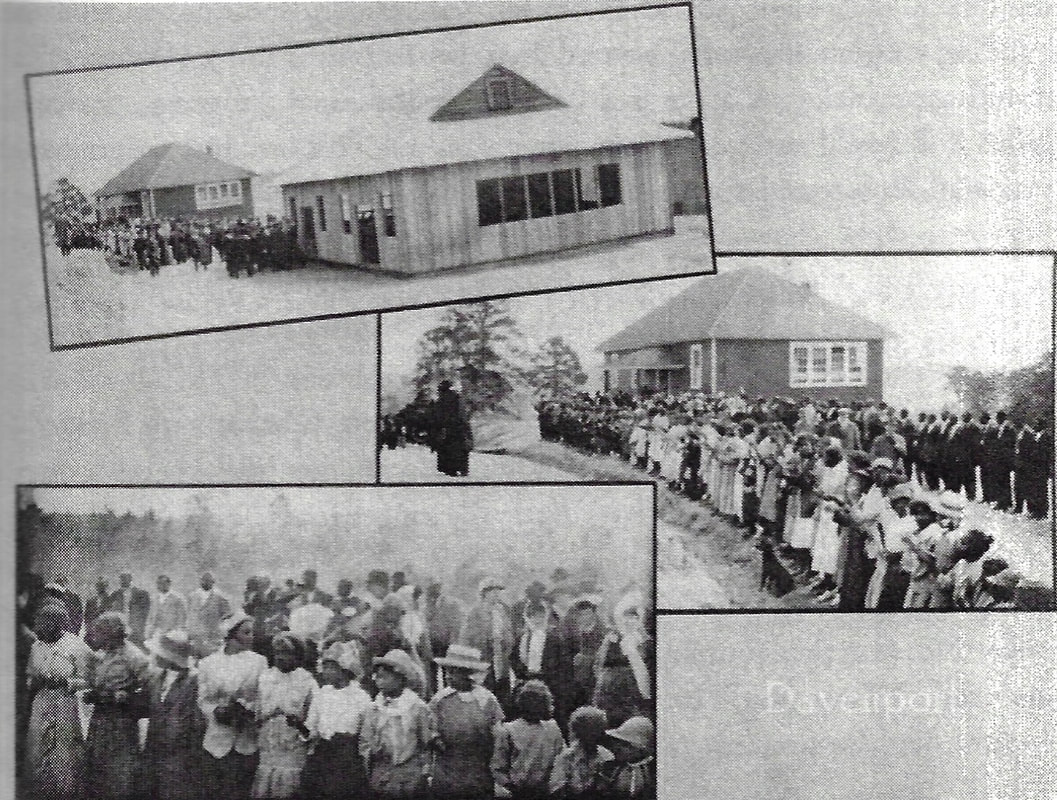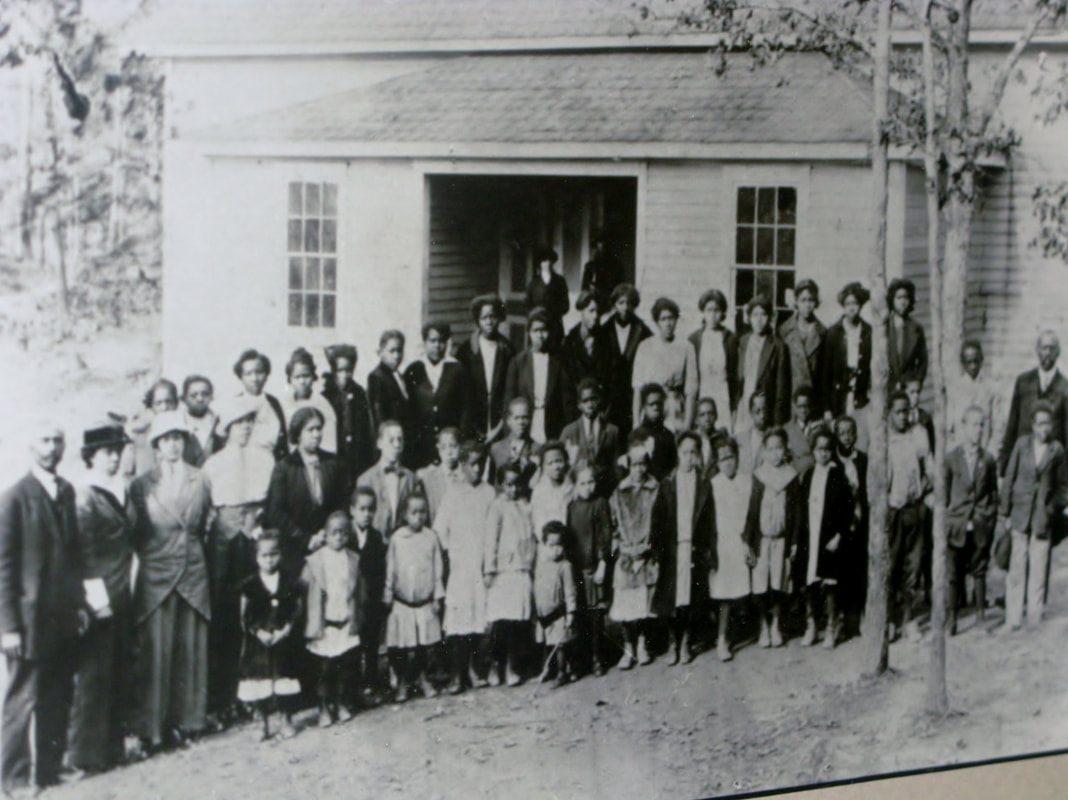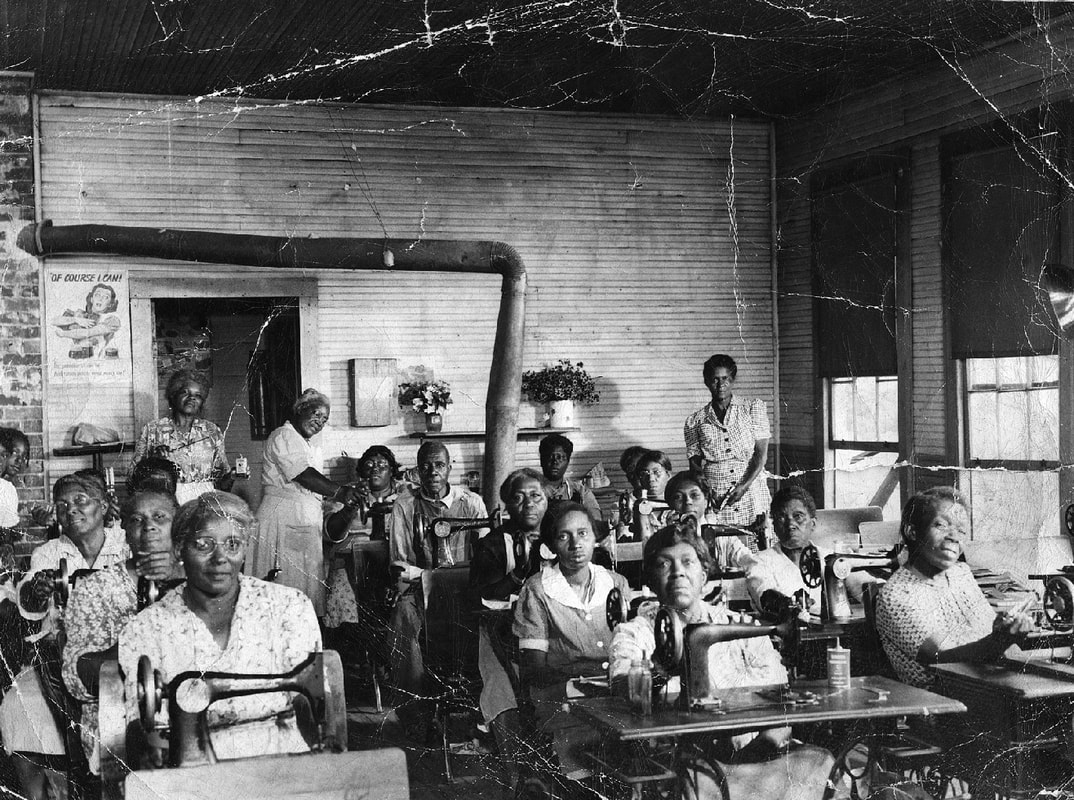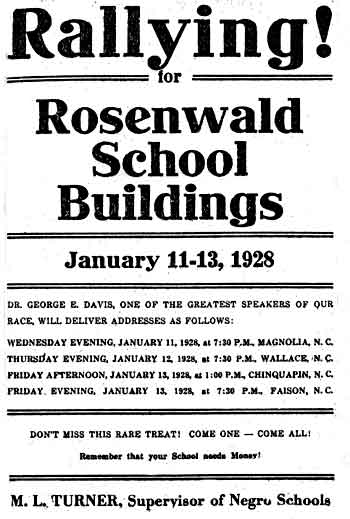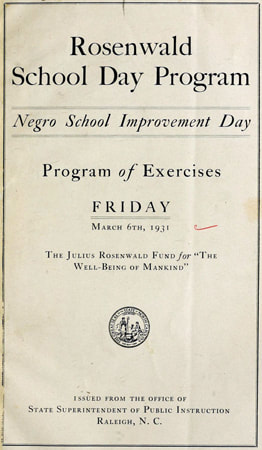|
"I was absolutely committed to giving everything I had to bettering myself in the classroom. I had no doubt that there was a way out of the world I saw around me and that this was the way. My parents, like most poor black parents of that time, agreed. To them, education represented an almost mythical key to the kingdom of America’s riches, the kingdom so long denied to our race.” - Congressman John Lewis, Rosenwald Graduate
|
